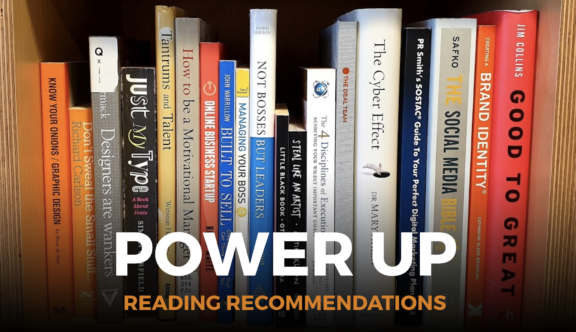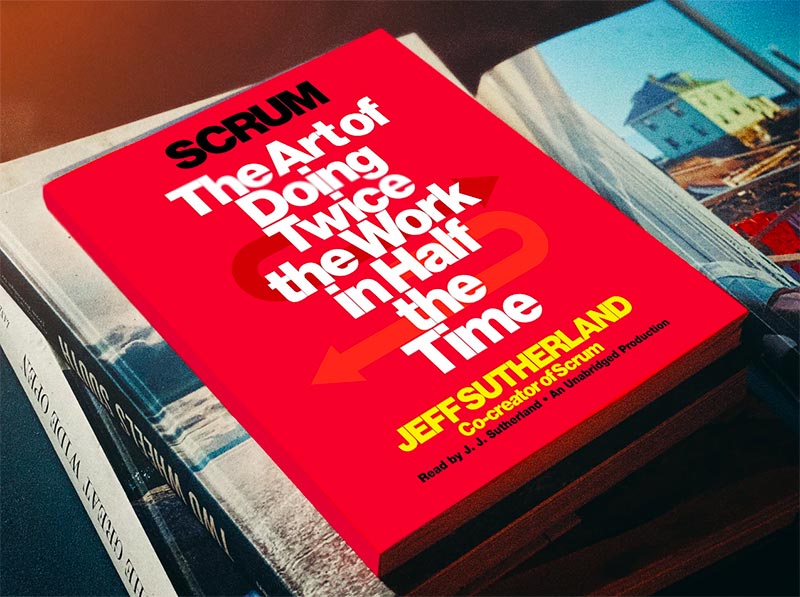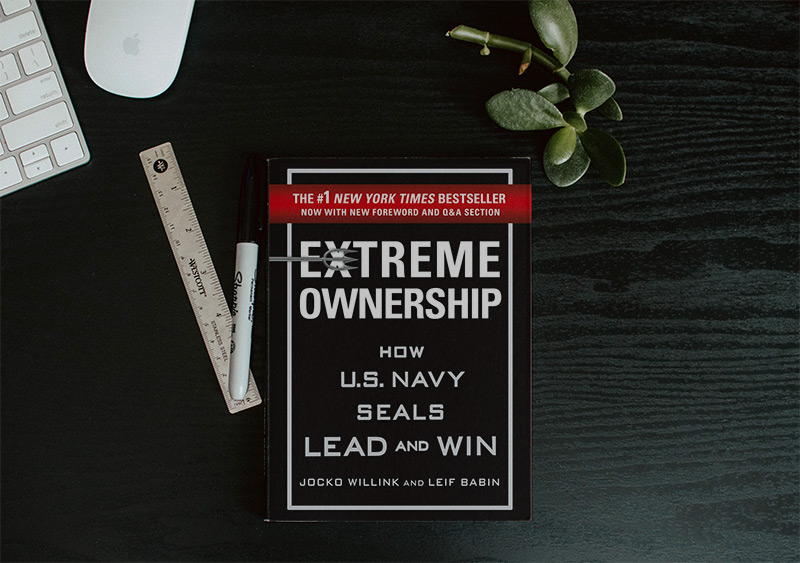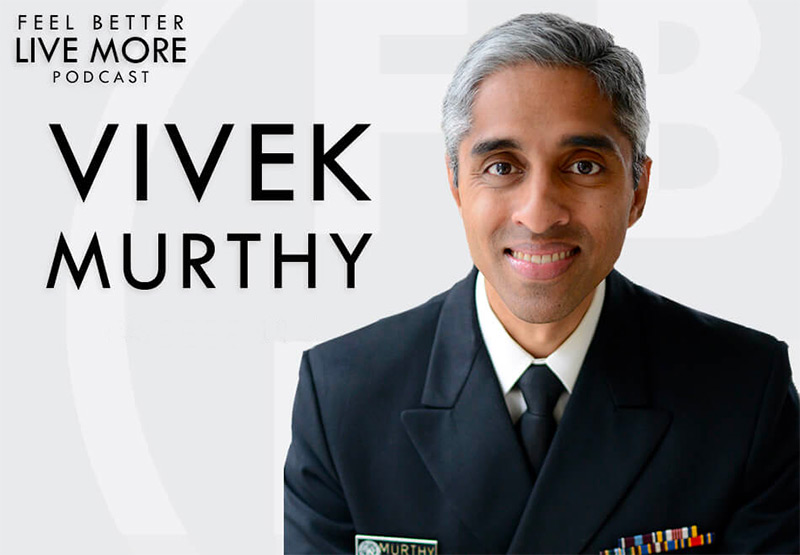As we continue to indulge in precious moments we have to ourselves during lock down, our Power Up team continues to read. With a few members having a well deserved break, this month’s blog is a little lighter than usual but still packs a punch of useful insights on our latest reads.
In this blog, we run down the books and podcasts our team have immersed themselves in over the past month. Each team member offers a speed rating along with a number of key learnings that they have taken away.
‘Shoe Dog’
Author: Phil Knight
Reader: Be Peters
7/10 – I started this book a few weeks ago and keep picking it up and down. There is definitely a lot of extra information that I don’t think adds value to the story. It’s a great read overall and has some real golden insights, although I think the tale would be a lot different if it was set in the present day, there is still a lot to gain from reading this book!
Key Learnings
- Travel can often lead to inspiration. At the beginning of the book, Knight travels around the world and he learns something new at each stop, even gaining the name of his company through inspiration in Rome. Often we sit and force ourselves to create ideas when actually, it’s best to let them come to you.
- Unlike most success stories that seem to “blow up” over night, the development alone of Nike took over a year to create the perfect shoe. It is a great reminder that good things take time and it’s okay to plan the long game.
- Get your audience to test your product / services. Knight asked his running coach from College to test all of his shows as he believed he was an expert at running and had a close enough relationship with him to give honest feedback. This kept Knight grounded, with his coach seeing issues that Knight was too excited to see.
SCRUM The Art of Doing Twice the Work in Half the Time
Author: Jeff Sutherland
Reader: Paulina Cage
7/10 – This book will tell you about scrum practises alongside agile values. Jeff Sutherland who is a co-creator of Scrum, narrates his own experience, which led him onto a new way of working. However the only aspect, which I disliked, was repetitiveness and the fact that the author was describing himself quite often as a world savour. Apart from that, It is Interesting and well worth reading as the agile principles have been proven to be very successful in many workplaces.
Key Learnings
- “Agile Manifesto” written in 2001 – declared the following values: people over processes; products that actually work over documenting what that product is supposed to do; collaborating with customers over negotiating with them; and responding to change over following a plan. Scrum is the framework to put those values into practise”.
- “Inspect and Adapt – Every little while, stop doing what you’re doing, review what you’ve done, and see if it’s still what you should be doing and if you can do it better”.
- “Fail Fast So You Can Fix Early – Corporate culture often puts more weight on forms, procedures, and meetings than on visible value creation that can be inspected at short intervals by users. Work that does not produce real value is madness. Working product in short cycles allows early user feedback and you can immediately eliminate what is obviously wasteful effort”.
- “Don’t Guess. Plan, Do, Check, Act – Plan what you’re going to do. Do it. Check whether you did what you wanted. Act on that and change how you’re doing things. Repeat in regular cycles, and, by doing so, achieve continuous improvement”.
- “Time is Finite. Treat It That Way. Break down your work into what can be accomplished in a regular, set, short period – optimally one to four weeks. And if you’ve caught the Scrum fever, call it a Sprint”.
Extreme Ownership: How U.S. Navy SEALs Lead and Win
Author: Jocko Willink, Leif Babin
Reader: Ian Garstang
8/10 – A hugely valuable read for anyone in a leadership role. The experiences they share in this book are intense and eye-opening and once you get through the macho tone of voice, the key lessons could change your life. Ever since I finished the book there has been a noticeable change in how I see and deal with problems. For example, if X didn’t deliver on time, don’t pass the blame, but ask yourself if it was my fault for not being clear, giving enough time or supporting them enough.
Key Learnings
- Everything is your fault:
One of the key takeaways was that a leader must embrace and take ownership of everything their team does; including mistakes. - There are no bad teams; just bad leaders:
Your team is probably made of good people, if you have a bad leader, however, they can underperform. Teams need to ‘cover and move’ and work together with teamwork; with no rivalries, competition or finger-pointing. - Discipline equals freedom:
Prioritise and execute the most important thing first, then move to the next thing; don’t get paralysed by doing many things at once. - Lead up and down the chain of command
Give information up to help your leaders trust you whilst conveying the big picture to the chain below you, so they believe in the mission and can operate with “decentralised command”.
The Healing Power of Human Connection in a sometimes Lonely World – Podcast
Author:Dr Vivek Murthy
Reader: Emma Squires
10/10 – What an interesting podcast!
Key Learnings
- What is the cost of individual success? We’ve always been told a partial truth about how we gain our successes. Our destiny is deeper than just us and though we have to work hard and learn to get to where we want in life, that never comes on our own. We always need support from other people.
- As humans we weren’t designed to do things by ourselves, to maximise our success, we have to work together.
- We often link self-esteem to our outcomes.
The team will be taking a break in July, as many will be jumping into their summer reads.
If you’d like to know why we created power up and the benefits of reading our reading group, check out last month’s Power Up blog here.





